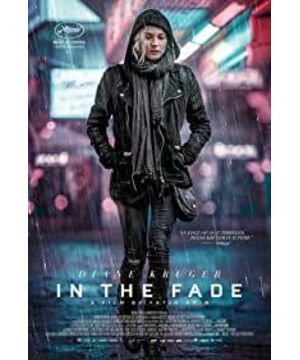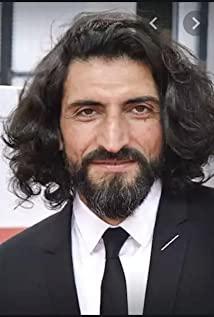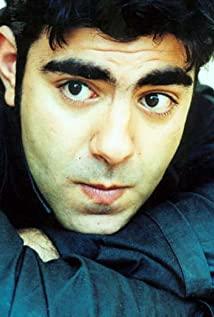(Text/Yang Shiyang)
How to evaluate Katya? Is the heroine in "Out of Nowhere" a fearless warrior or a terrorist? This question is destined to trigger a divisive answer, so it is said that the film faces realistic issues and is about moral dilemmas. The brief prologue and syllogism unfolded the plot clearly telling the disintegration of a family and how a woman carried out a desperate revenge outside of the invalid legal mechanism.
The famous German director Fatih Akin, because of his Turkish identity, is naturally sensitive to such topics, the integration of immigrants, cultural xenophobia, the undead fire of neo-Nazism, and the fragility and helplessness of civilization in the face of unbridled violence . "Out of Thin Air" does not play with any fancy structure, directly and violently show death, and then firmly raises the torture. The justice of revenge, the embarrassment and aphasia about civilization are all spontaneously filled with it.
The shaking footage recorded a set of images from inside the prison. It was a wedding. Katya married his imprisoned husband while serving his sentence. This laid the foundation for the protagonist in this story, a foreigner with stains and flaws. Immigration, these elements constitute his "original sin"-whether it is criminal history or immigration status. After that, the story transitioned to the most typical middle-class life scene, a small private company business, husband and wife and children, everything brand new after the end of the sentence. But soon there was a terrorist attack, and the husband and son were killed. Katya began to face everything alone. After the collapse and regrouping, she originally pinned her hopes on the legal system, but the law of the civilized world is of course based on the innocence inference. The suspect was acquitted in court, and even the judge was helpless. Sorry, even if the suspect's father identified him in court, the chain of evidence still could not be perfectly closed. Sometimes, legal principles are one thing, human minds are another, evidence is one thing, and facts are another. Completely desperate, Katya began his own revenge plan, and eventually killed the two terrorists who carried out the terrorist attack in the same way.
When the revenge began, the torture also intervened at the same time. If the previous bombings against Katya’s husband were undisputed terrorism, then what is the nature of the revenge that Katya carried out? Does the motive of the violent act affect the characterization of the incident itself? If the act of revenge is morally understood and sympathized by the vast majority of people, then is violence still considered violence, and furthermore, can such acts be excluded from the definition of terrorism?
In the movie, director Ah Jin deliberately arranged a set of comparisons. The bombs made by Katja are exactly the same as those used by the terrorists in the previous attack. The same spikes and the same flammables are the same, but she is a little bit closer to the ultimate goal of revenge. Gradually coincident with the terrorist's behavior, she has a righteous goal, but she has reduced to the appearance of the person she hates. The paradox and duel are the most powerful scenes in the film. This is enough to make a huge silence, and any judgment is too frivolous. The law of the civilized world must be based on the presumption of innocence, but its cost is destined to produce those who slip through the net. However, its opposite, the harsh world of killing a thousand by mistake, is even more costly. Then, how should we face those legal principles? What about people who are pronounced innocent and found guilty by the hearts of the people? Using violence to control violence lies on an ambiguous border, which is outside of civilization but within human nature.
Katya has an unfinished tattoo on her body, which is a figure of a samurai. After she decided to take revenge, she completed the tattoo. It was a sign of her identity transformation, an outward symbol of her inner self-identification. She felt that she was She should be a fighter, but is her behavior ultimately regarded as a fighter or a terrorist by others? This may be a deeper tragedy.
At the beginning of each paragraph of the syllogism of "Out of Nowhere", a DV shot was introduced before the main body of the narrative. For a wedding in prison, Katya carefully repaired the toy car for his son, and a family of three took a leisurely vacation on the beach. The corresponding chapters of the paragraph are titled Family, Justice, and the Sea. And the family was broken, justice failed, the ability to repair toy cars was diverted to make bombs, and the sea finally regained everyone's souls. Before Katya finally made up her mind, there was a time when she wandered around. She saw a bird flying around the RV, the most straightforward symbol of vitality. What if she stopped? As an innocent person, she will be sad alone and depressed, and the perpetrator will launch a new round of attacks after the celebration. This is almost another foreseeable ending. So, this is a sad story, no matter how it ends. It shows a kind of dilemma, people's horror and helplessness after civilization is suddenly blocked. In the face of all this, no one can speak words, only prayer and mourning.
View more about In the Fade reviews











